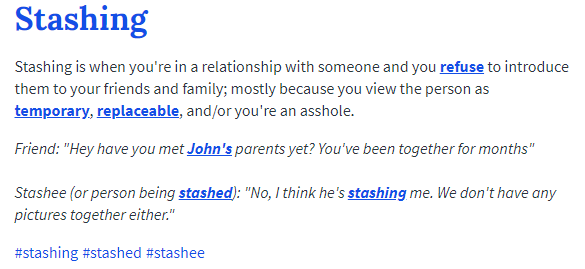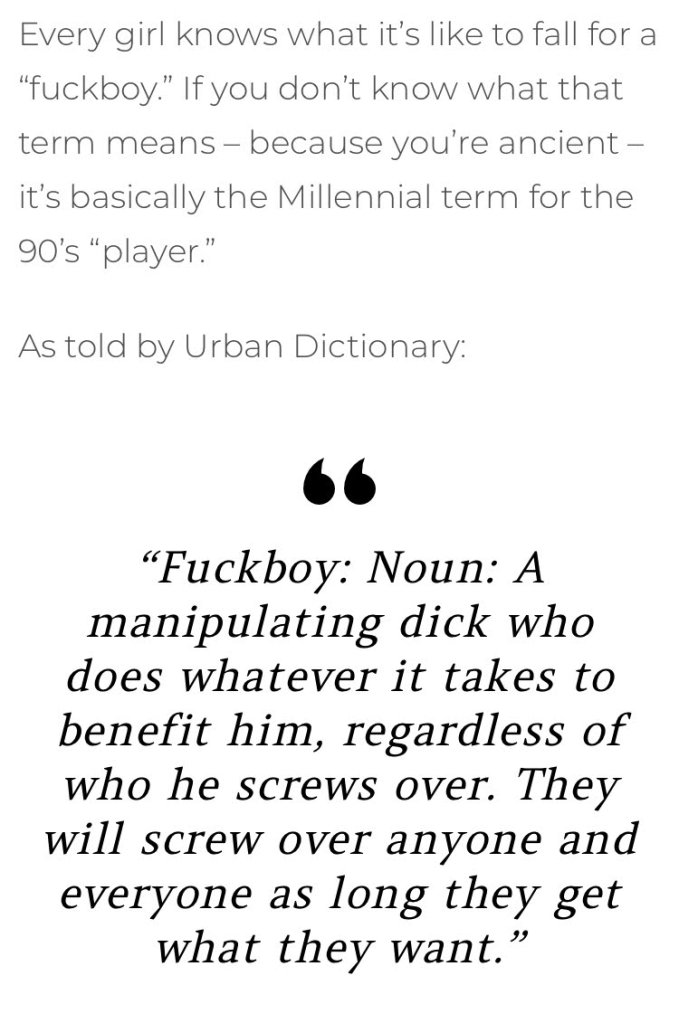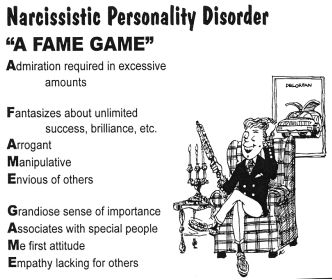In February, my mom stayed with me for two weeks. It was the longest period when the both of us lived under the same roof in a long time. In fact, not since August 2006, 15 years ago. What this visit brought to light is that we’re two very different people. We are the products of our upbringings.
Ironically, she raised me to be very independent and self-sufficient, the exact opposite of her. Her plan for my life was to be a breadwinner (with a career as an accountant or lawyer) AND to marry up so that I can provide for her, and she can live out the rest of her life relying on me.
After the global COVID-19 pandemic started, she kept dropping hints that she wanted to visit me but didn’t want to take public transportation from Brooklyn to DC. Since May 2020, Nick and I made two trips to visit her. This time, in February 2021, we drove round trip to Brooklyn just to pick her up and bring her to our place to stay for two weeks.
Although my mom has been in the US since 1980, she hasn’t learned the language and she refuses to drive. She was always reliant on others and relished the attention. Some call it “princess syndrome”; she’s always waiting for someone to come rescue her. I suspect it gives her a sense of validation and control, getting others to give their time and energy to her.
It’s a very toxic sense of entitlement that many East Asian parents have over their children’s lives. It perpetuates intergenerational trauma. Their wants are put above the needs of their children. Through filial piety, we are burdened with the responsibility and obligation of caring for our parents as they age. Even as first- and second-generation Chinese Americans, many of us find it difficult to break away from this custom.
On the day we came to pick up my mom, we stopped in Brooklyn for only an hour before we got right back into the car to go home. In that short time, she had told my father that I would be at her place, so he was ready and waiting when Nick and I arrived. This was a man I had no relationship with for many years. I had made it known to my mom, yet there he was. As we walked out the door together, she confessed to letting him know that I had arrived and he better hurry over to catch me. “You should speak to him, acknowledge him,” she said. She had failed to protect me, as a child, from my abuser, and she was failing to protect me now.
At our home, she continued the show of disrespecting and ignoring boundaries by interrupting our conversations and asking for help with figuring out simple tasks such as using the microwave. With COVID restrictions still in place, combined with chilly February winter weather, she spent most of the days on this visit confined to the house. I had warned her before her visit that Nick and I was inundated with work and that Nick also had graduate classes and assignments, so she would need to keep herself entertained.
The only activities I saw her engage in was watching TV, socializing on her phone, and cooking. She did not read. She rarely left the house without us (or without Nick’s mom). There was no desire to learn and explore. She was willfully ignorant.
I asked her, “Why haven’t you learned to speak English? You’ve been here for over 40 years.” “I’m too old to learn anything now,” she replied. I insisted, “That’s not true. People can be lifelong learners. Why didn’t you learn how to drive?” “I did. I drove for a year and then I stopped.”
A few months ago, when I brought up how emotionally draining my mom is, my therapist commended me. “People never talk about toxic mothers. It’s taboo. Mothers are to be revered. So people stay quiet about abusive mothers or poor behaviors from moms. But once you start talking about it, you’ll finally grow from it.”
Filial piety or not, I refuse to allow the toxic entitlement, princess syndrome, victim mindset, narcissism, and manipulation to continue. It’s taken many years from my life and contributed to a lot of trauma. Just because someone is blood doesn’t mean boundaries are not necessary. That doesn’t mean I don’t love my mom or care about her, it means I need to make sure we are separated by a minimum of 200 miles at all times.











